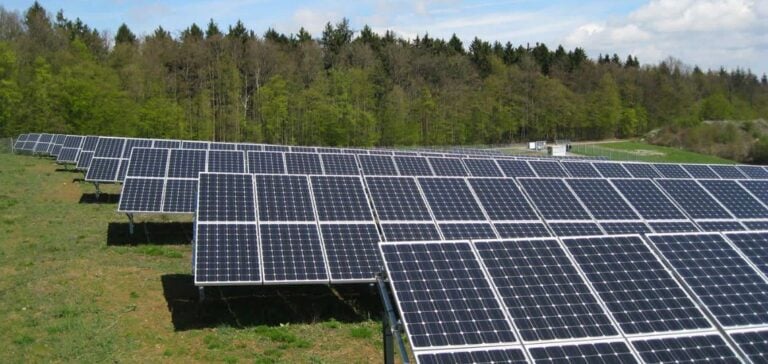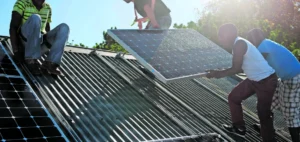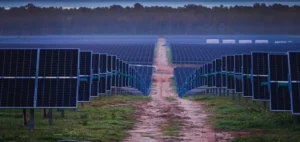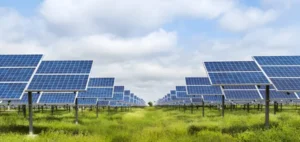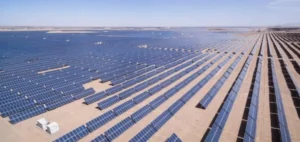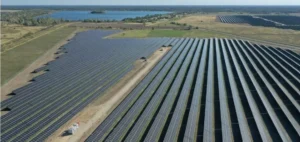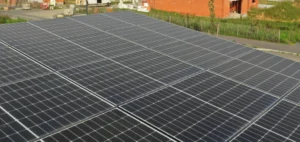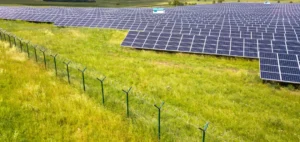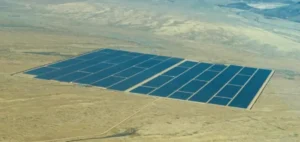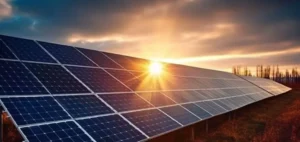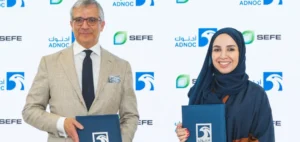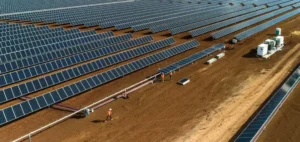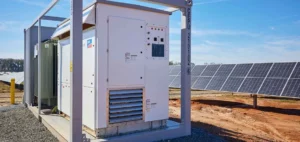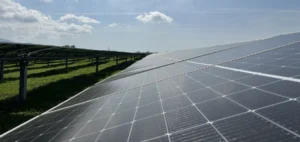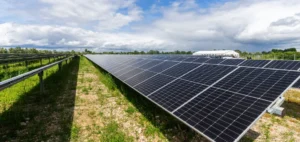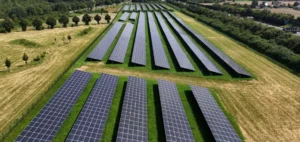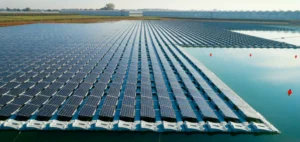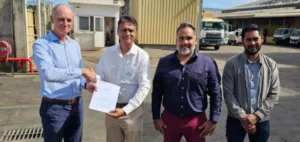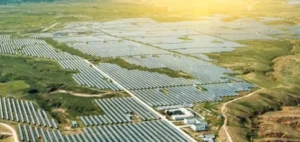EnBW wins bids for seven new solar park projects in the tender organized in July 2024 by the Bundesnetzagentur (BNetzA).
With a total capacity of 184 megawatts (MW), these projects are spread across several German federal states, including Baden-Württemberg, Mecklenburg-Vorpommern and Brandenburg.
These results confirm the company’s determination to strengthen its presence in the German photovoltaic sector by focusing on strategically located projects.
The BNetzA tender, which was significantly oversubscribed, reflects the current strong demand for renewable energy projects in Germany.
Despite increased competition, EnBW managed to secure all targeted sites with competitive bids.
These new projects are in addition to the 41 solar parks already operated by EnBW, including 26 in Baden-Württemberg, where the company continues to expand its energy production capacity without systematic recourse to subsidies.
Solar projects in three key regions
EnBW’s solar park projects won in this tender involve five sites in Baden-Württemberg: Langenburg, Mulfingen, Adelsheim, Geislingen-Erlaheim and Sigmaringen-Gutenstein.
These new facilities add to the existing ones and strengthen EnBW’s position in the region.
EnBW is also awarded contracts for projects in Lauenhagen, Mecklenburg-Western Pomerania, and Görlsdorf, Brandenburg, enabling geographic diversification of its solar assets.
EnBW also pursues solar projects without public financial support.
For example, an 80 MW solar park is under construction in Langenenslingen, Baden-Württemberg, scheduled to come on stream in mid-2025.
This choice to develop both subsidized and non-subsidized projects reflects an investment strategy aimed at optimizing the energy mix while maximizing financial returns.
Competition and opportunities in the German photovoltaic market
The dynamics of the German photovoltaic market are driven by national energy policies and support mechanisms such as Bundesnetzagentur tenders.
The high level of investor interest in these projects is reflected in intense competition, with increasingly demanding selection criteria.
By winning several projects in a context of strong demand, EnBW is demonstrating its ability to navigate this competitive landscape effectively and secure expansion opportunities.
The results of this tender also demonstrate the growing importance of large-scale projects in meeting national energy targets.
Companies in the sector now have to juggle fast-changing regulations, supply constraints and capital requirements.
For established players like EnBW, the ability to adapt to these changing conditions is essential to maintain competitiveness and growth.
Implications for EnBW strategy and the sector
The awarding of these projects underlines the continuity of EnBW’s strategy to increase its solar production capacity.
While the company continues to explore mixed financing options for its projects, it is adopting a flexible approach that includes both subsidized and non-subsidized solar parks.
This strategy diversifies revenue streams while minimizing the risks associated with potential changes in public policy.
In the broader context of the German energy sector, EnBW’s success in this tender shows a consolidation of the market around players capable of adapting quickly and exploiting new opportunities.
With Europe’s energy landscape in a state of flux, anticipation and flexibility of execution are becoming key success factors for companies seeking to capture a larger share of the renewable energy market.

